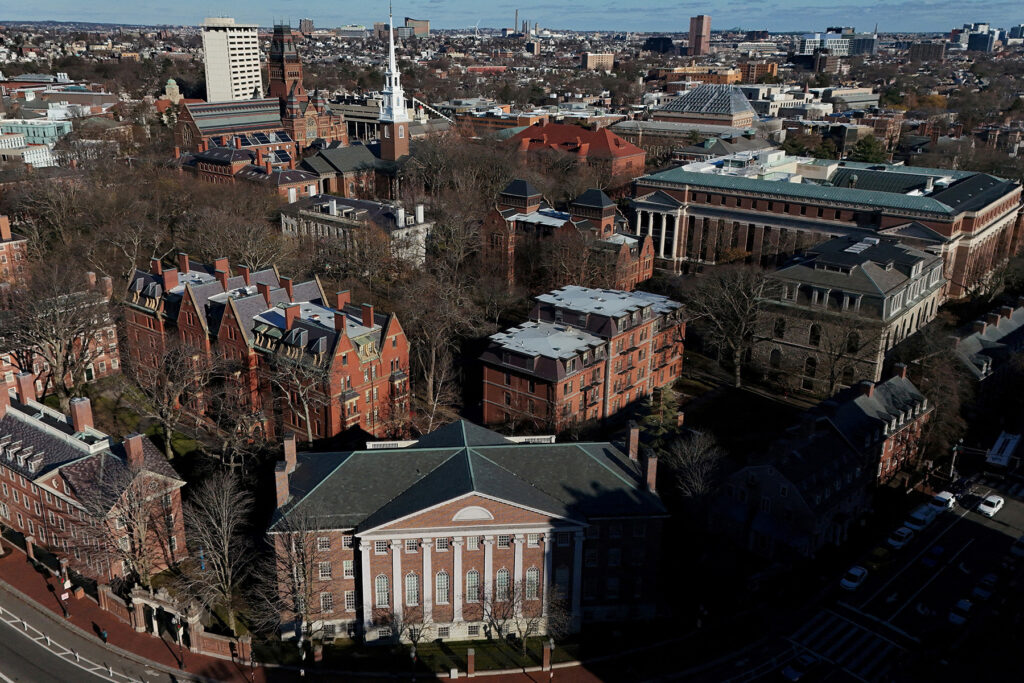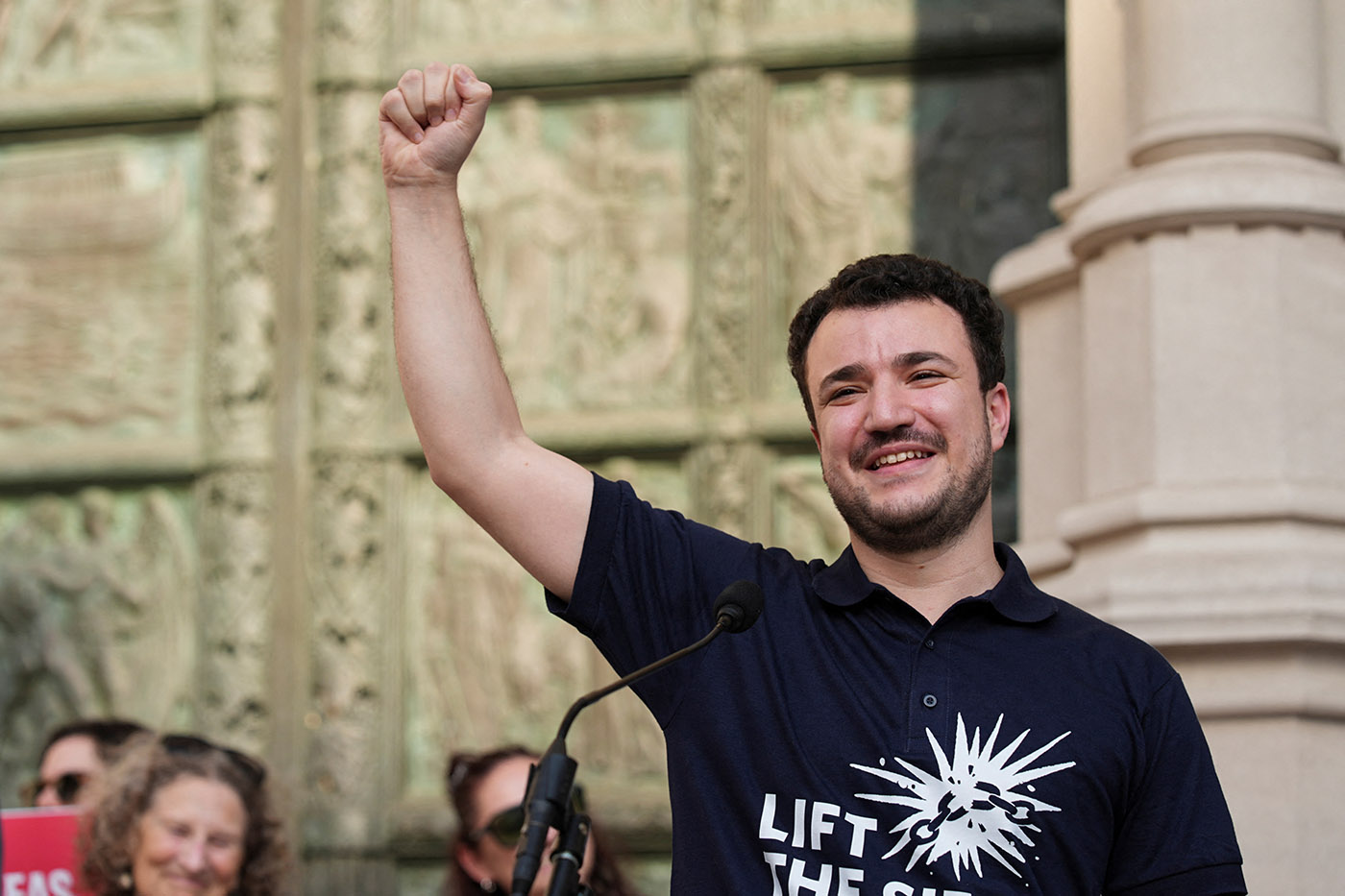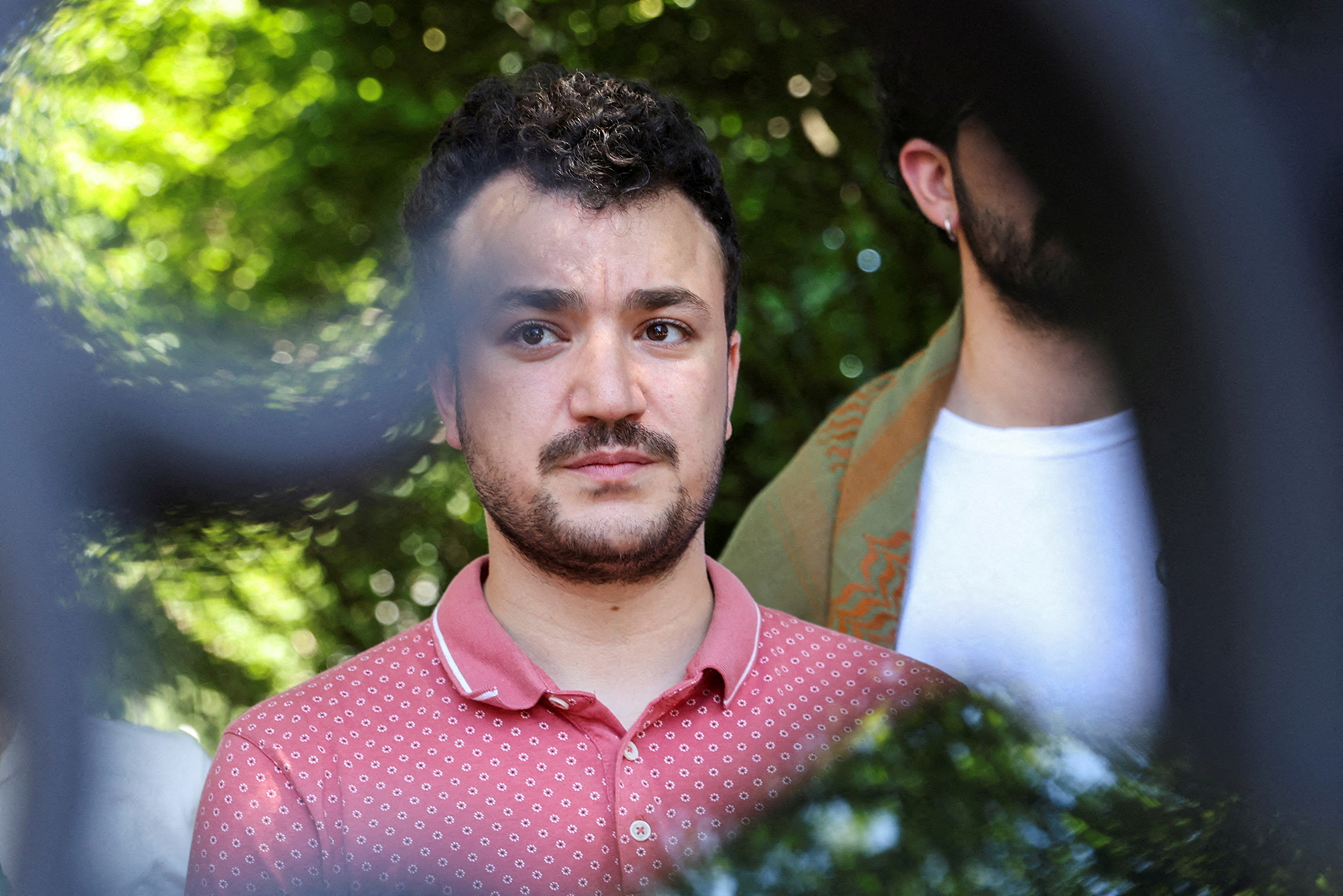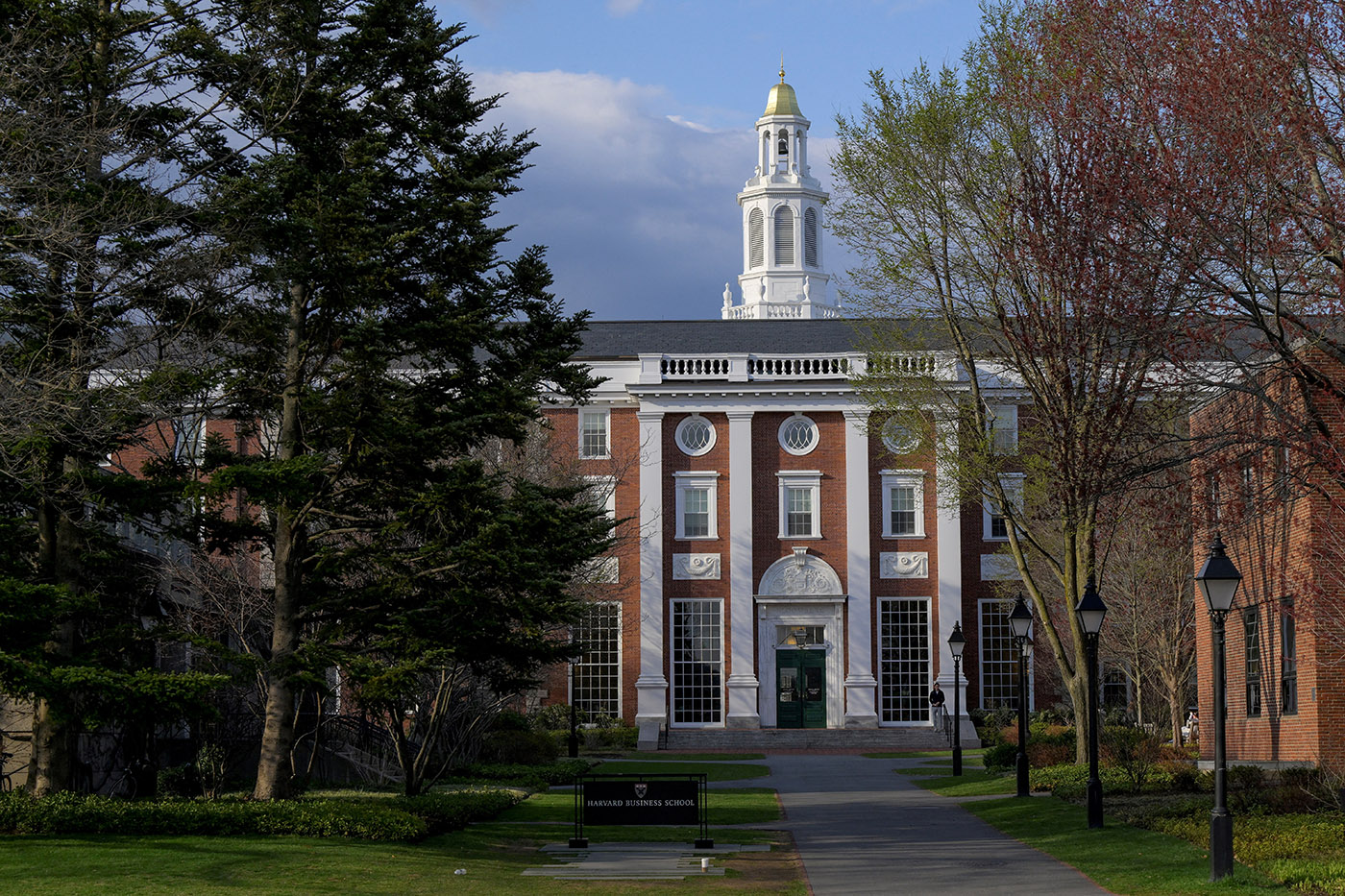BOSTON (AP) — Harvard University, struggling to manage its campus response to the Israel-Hamas war, announced task forces on Friday to combat antisemitism and Islamophobia.
“Reports of antisemitic and Islamophobic acts on our campus have grown, and the sense of belonging among these groups has been undermined,” Alan Garber, Harvard’s interim president, said in a letter to the school community. “We need to understand why and how that is happening — and what more we might do to prevent it.”
The separate task forces follow the resignation of Harvard president Claudine Gay, who faced a backlash over her congressional testimony on antisemitism as well as plagiarism accusations.
Some Jewish students filed a lawsuit against Harvard this month, accusing the school of becoming “a bastion of rampant anti-Jewish hatred and harassment.” Arab and Muslim students around the country have also said they feel they’re being punished for their political views on the war.
The Oct. 7 Hamas attacks killed 1,200 people in Israel, mainly civilians, and abducted around 250 others. Roughly 130 hostages are believed by Israel to remain in Hamas captivity. The war Israel declared in response has killed nearly 25,000 Palestinians, according to Gaza health authorities, caused widespread destruction and uprooted over 80% of the territory’s 2.3 million people from their homes.
The fallout has roiled campuses across the U.S. and reignited a debate over free speech. College leaders have struggled to define the line where political speech crosses into harassment and discrimination, with both Jewish and Arab students raising concerns that their schools are doing too little to protect them.
The issue took center stage in December when the presidents of Harvard, University of Pennsylvania and MIT testified at a congressional hearing on campus antisemitism. A Republican lawmaker asserted that support for “intifada” equates to calling for the genocide of Jews, and then asked if such rhetoric violates campus policies. The presidents offered lawyerly answers, declining to say unequivocally that it was prohibited speech.
Their answers prompted weeks of backlash from donors and alumni, ultimately leading to the resignation of Liz Magill at Penn and Claudine Gay at Harvard.
Garber said the goals of the task forces are to explore why Harvard is seeing a rise in antisemitism and anti-Arab bias and propose recommendations to counteract it.
“Strengthening our ties to one another will take considerable effort and engagement across the University,” Garber wrote. “I have asked each task force to undertake broad outreach, and I encourage you to share your perspectives and your experiences with equal measures of care and candor. We have before us an opportunity to meet challenges with far-reaching implications.”
The antisemitism task force will be co-chaired by Derek Penslar, the William Lee Frost Professor of Jewish History in the Faculty of Arts and Sciences, and Raffaella Sadun, the Charles E. Wilson Professor of Business Administration at Harvard Business School. The task force on anti-Arab bias and Islamophobia will be co-chaired by Wafaie Fawzi, the Richard Saltonstall Professor of Population Sciences and Asim Ijaz Khwaja, Sumitomo-FASID Professor of International Finance and Development at Harvard Kennedy School.
Gay had created a committee to advise university leaders on antisemitism during her short tenure, but her testimony prompted one Harvard Divinity School rabbi to resign from that effort. Rabbi David Wolpe said in an email Friday that he’ll reach out to those involved with the antisemitism task force, hoping it “will be able to create and implement policies and that will change the campus climate.”
Tags



